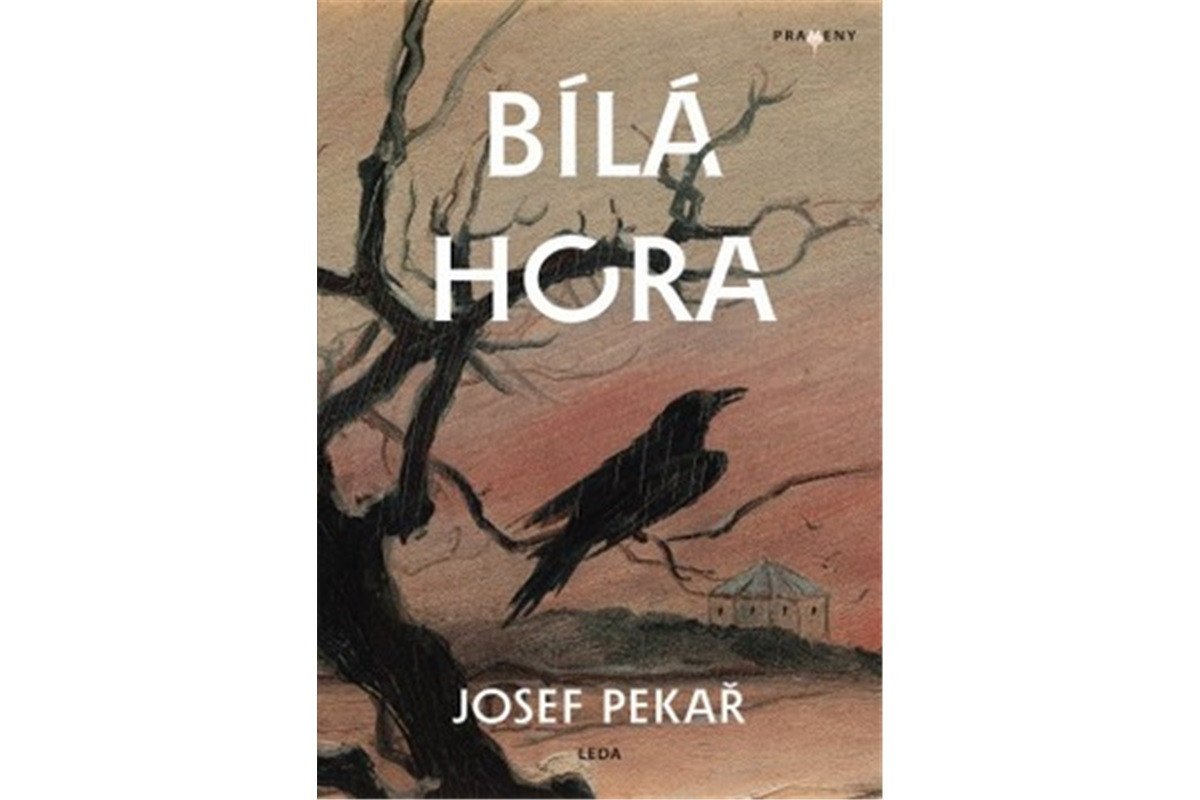Description
In Bílá Hora, the author places domestic opinions and disputes in the broader context of the European spirit of a tragic epoch. Therefore, the book does not cater to either of the ideologically charged sides. The uprising of the 'Czech estates' (among whose participants we find half of the Germans) was, above all, a conflict between two German monarchs of the Czech kingdom, fueled by the religious fanaticism of some leaders. It was a needless tragedy, rooted in the influence of a negligible irresponsible minority. The defeat on the battlefield, however, ended Czech statehood, which had already been fading since the election of the first Habsburg to the Czech throne in 1526. An aristocratic republic as a possible solution was not feasible given the power dynamics. A potential victory of the estates would have led to the persecution of Catholics, as occurred in the years 1618-20. The Czech lands would have fallen under the sway of Lutheran Germany, and it is likely that they would have been Germanized. The violent recatholicization of the predominantly non-Catholic nation (80 percent!), the result of the amoral German Augsburg Peace 'cuius regio eius religio' (1555), is regarded by the historian as a complete disaster, characterized by mass character breaking and the rewarding of careerists. Such was the madness of Europe. The baker refuses...
Information
Author: Pekař Josef
Publication date: October 29, 2020
Manufacturer: LEDA spol. s r. o.
Genres: World history, Non-fiction literature, Non-fiction literature, Books, History and facts
Type: Hardcover books
Pages: 224
ISBN/EAN: 9788073356804

